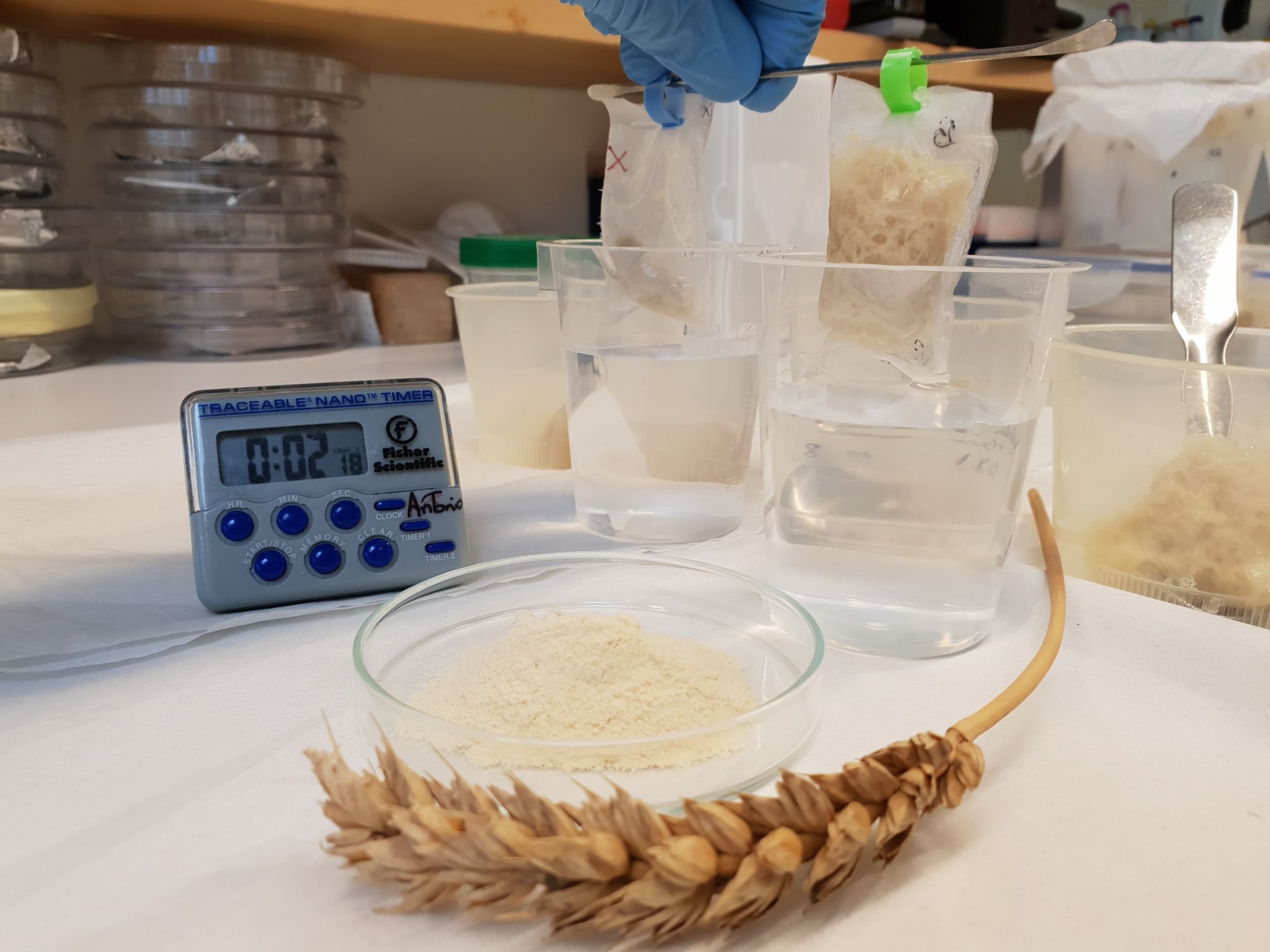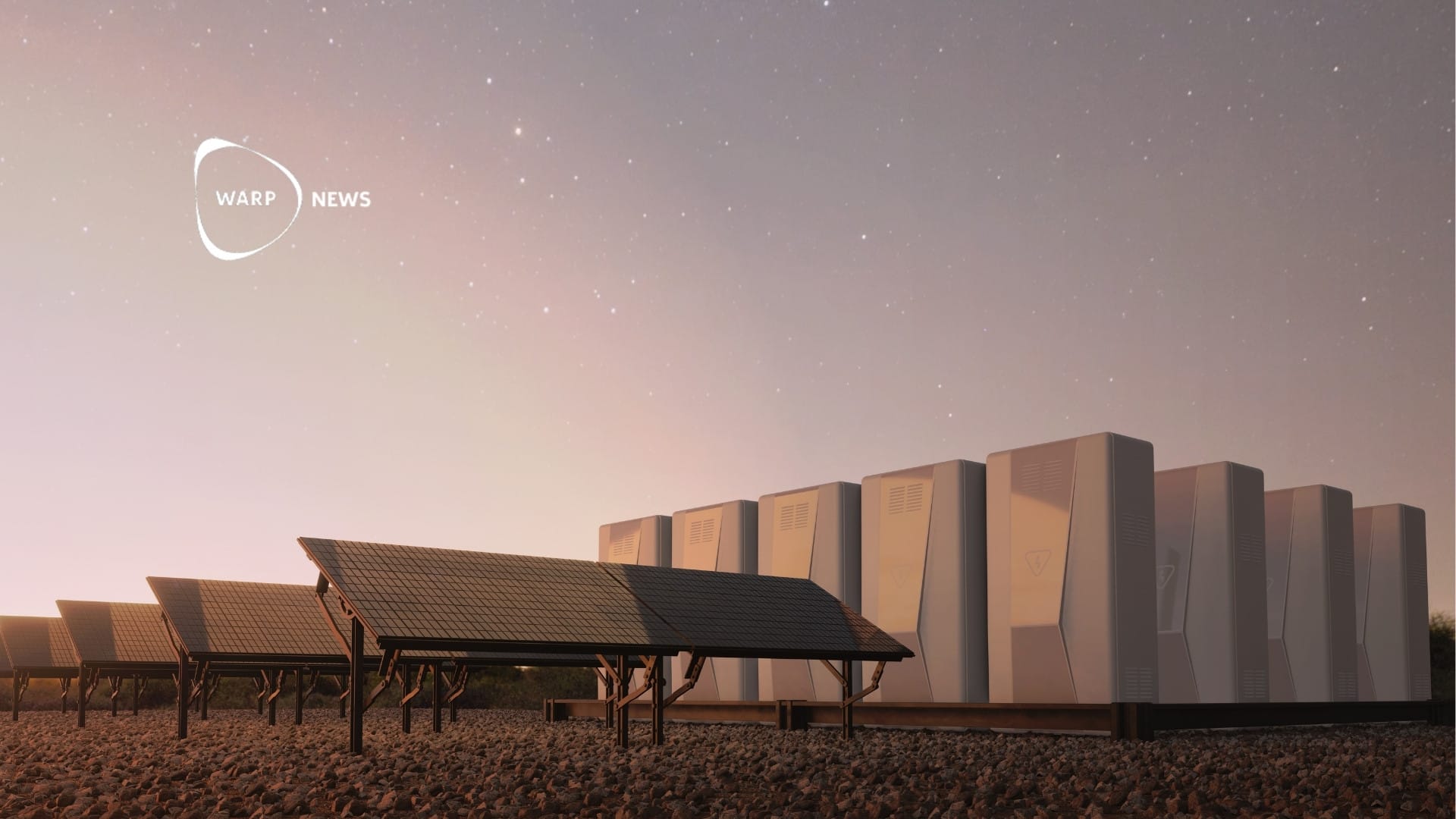
👶 Environmentally friendly diapers can be made out of wheat and potatoes
Using protein from wheat and potatoes, researchers have produced a super-absorbent material that is more environmentally friendly than today's materials.
Share this story!
One of the fundamental requirements for a diaper is that it must not leak. To guarantee this, diaper manufacturers use super-absorbent materials that soak up large amounts of liquid. Unfortunately, fossil petroleum oil is used to produce these materials, which has a negative environmental impact.
But there is hope for a more environmentally friendly alternative. Researchers from the Swedish University of Agricultural Sciences, SLU, and the Royal Institute of Technology, KTH, have developed two materials based on residues from food production.
Instead of petroleum oil, the researchers use protein from wheat and potatoes as a base for their superabsorbent materials. The materials have a much lower carbon footprint than petroleum oil and are about as good at absorbing liquid.
“The materials can swell up to 4,000 percent in water and 600 percent in saline," says Antonio Capezza, a researcher at KTH and one of the scientists behind the material, in a press release.
Now it is not only in diapers that super absorption is needed. It is also needed in, for example, some healthcare articles and building materials. The researchers hope that their protein-based solution will be able to compete with today's materials.
“Proteins are interesting because they have so many different properties and can be structured in so many different ways. This makes them unique as biomolecules. In addition, it is interesting to be able to use residues from agricultural and food products that are currently used for low-value products or not used at all, and thus do not compete with food production”, says Eva Johansson, professor at SLU and one of the researchers behind the material.
The researchers will now work to scale up their experiments and start a pilot project to produce the materials on a larger scale.
By becoming a premium supporter, you help in the creation and sharing of fact-based optimistic news all over the world.


